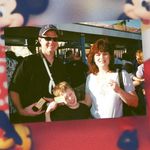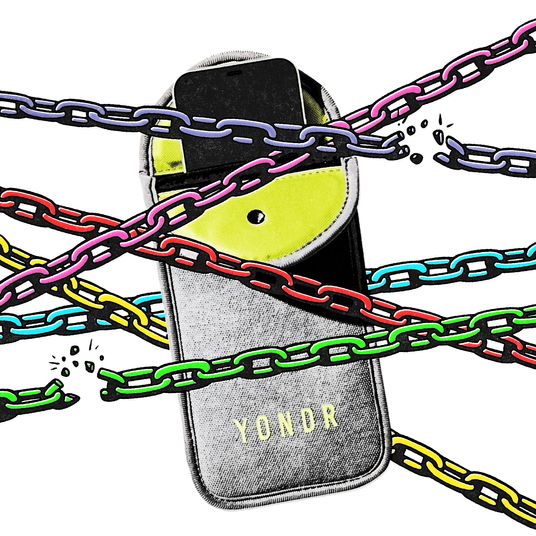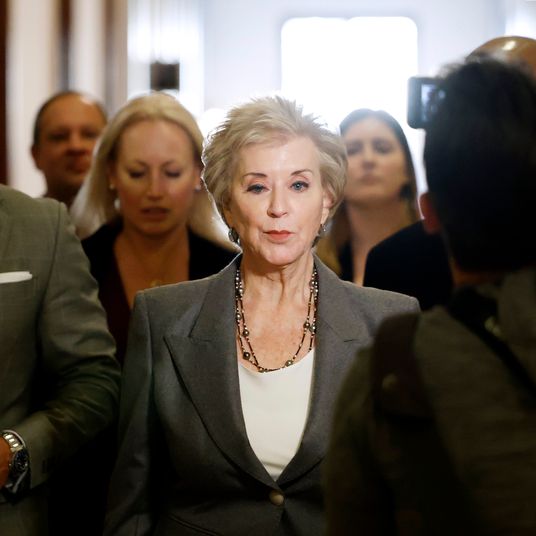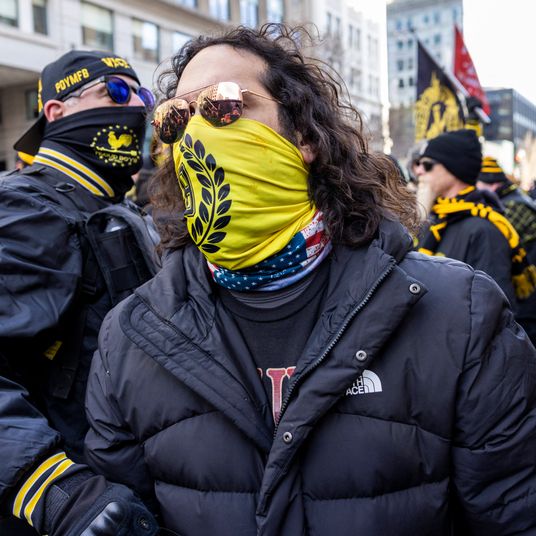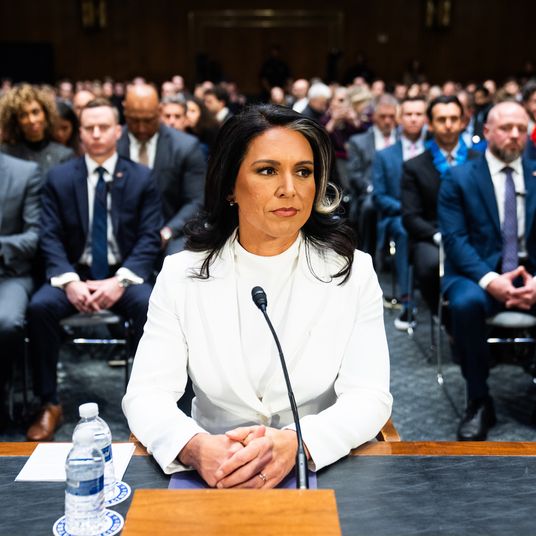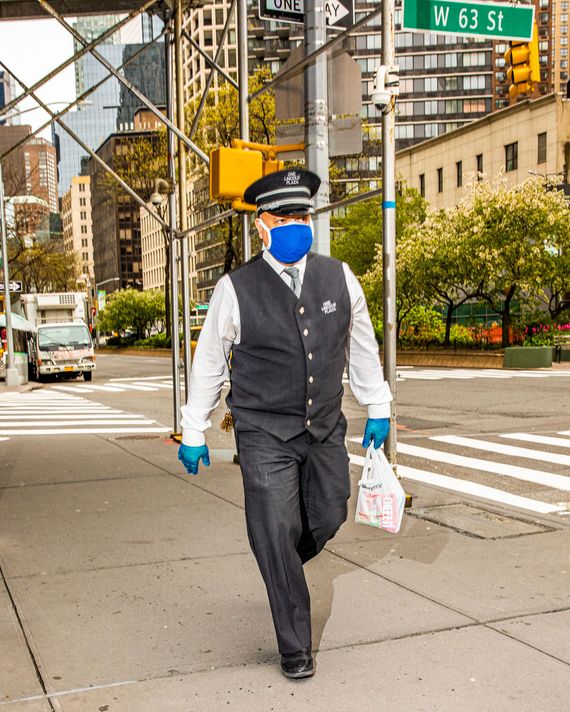
In mid-March, we talked to some of the city’s doormen, who found themselves to be essential workers during the pandemic. Since then, at least 45 members of their union have died in New York City. We checked back in on them about their sense of duty, fears for the most vulnerable residents — and their own health and that of their families — and concern that they are being taken for granted.
“This virus has built a barrier between me and the residents.”
Joseph Fournier has worked for 31 years at 1365 York Avenue.
I walk to work every day, and I walk home every day. I live on 92nd Street, and my job is on 72nd. A month ago, the building was half-full, and now it’s down to 20 to 30 percent. Things are very quiet now. This virus has, in my building at least, built a barrier between me and the residents. I went from being a doorman — opening doors but also getting to know people, playing with their children — to being more like a security guard. I’m not helping people like I used to.
My company has been sending out emails to the residents concerning the number of packages that come in — because we get about 300 a day — just reminding them to, you know, “You’re home, and the natural thing is to shop, but our space is limited, and some of you are probably in your second homes — just don’t order too much.” Then I found out they also sent out emails about the doormen. Before all this, I spoke regularly with a woman who has a newborn. She took her daughter out for a four-month checkup. When she came back, we were standing a good 30 feet apart, and she asked, “Hey, Joseph, how you doin’?” I’m going, “Hey, how’s everything with your daughter?” And she said, “Oh, I’m so sorry. I got an email that we’re not supposed to be talking.” Then another resident told me about it, too, that the email had said something like, “We know that you have relationships with your doorman, but we’re asking you, for the safety of both you and the employers, to keep it short: ‘Hello, good-bye.’ ” Which really, really hurts a lot.
I try to tell the new guys that come in: “The residents are not your friends. You want to keep that balance between friendship and business,” but over the last two months, what I have noticed is now, when I’m not seeing anyone for a long time, all of a sudden I see somebody I haven’t seen in a week, maybe two weeks, and I find myself getting emotional, saying, “I missed you.”
“Hardly nobody’s coming out. You got the whole street to yourself, you know?”
James Sabater has worked for 29 years at 17 West 54th Street.
Hardly nobody’s coming out. We only see like three residents come out, and they just go like once a week to the supermarket to buy whatever they gotta do and then we don’t see them again, you know? And then there’s one that has a dog, and so she comes out and walks the dog. Some of the residents are thanking us for being there, and like one of the residents in the first week when there was a shutdown — she gave us money, you know, everyone like if it was a holiday. There’s another resident that has been buying lunch for us twice a week. She’s been buying lunch for the whole staff: the day shift and the afternoon shift. And then [yet another resident] bought us lunch today, so you know, it helps. And it’s a nice thought.
I live in Staten Island, and I’ve started driving, and I feel a lot more comfortable knowing that I’m in my vehicle by myself. I do feel bad sometimes, you know, like, I’m driving and I see people at the bus stop and I would like to pick ’em up and bring ’em to the city with me, but I know we can’t be doing things like that.
I work on 54th Street. Fifth Avenue is right down the block, so when things were normal, you would walk down Fifth … A lotta times, you had to walk in the street, on the curb, ’cause that’s how many people are in the street, but now it’s like the opposite. You got the whole street to yourself, you know?
The guys [at work] and I’ll talk about what’s goin’ on. And I’ve been telling them that my sister — she got the virus — and my brother-in-law and we’ve been talking about the press conferences from the governor and the president and things like that. We entertain ourselves a little bit by talking. Even though we’re really not supposed to be in the lobby talking. I gotta admit that this does take a toll emotionally, you know? It does to everyone. Just the thought — you know, I go home and I watch these press conferences and all you hear is about death, death, death, and it takes a toll.
I haven’t seen [my sister who has COVID-19]. I do remember hearing in the news that if you had family in the hospital with the virus, that you should stay away or whatever, especially because they don’t want more people in the hospital, but we were able to contact each other. She called me a few times, I called her a few times. It was tough, you know, listening to her because I can sense the worry in her voice. And you know, thank God she didn’t have no breathing problems. She just lost weight and she felt really exhausted and those are the symptoms that she had. I called her earlier, and she told me she was leaving the hospital today, so that was the good thing.
“We as workers, all we want is the acknowledgment. We’re on the front lines too.”
Michael Cartagena has worked for 32 years at 118 East 60th Street.
There’s doormen who’ve gotten sick already. I don’t wanna be like that. It’s surreal, but at the same time it’s becoming tedious. There’s not a lot of people in the building. They’re quarantining themselves, and a lot of people don’t go out. I spend lots of time just wiping everything down. People in the building are thanking us. Everybody’s appreciative. They say, “Thank you for coming to work today, thank you, thank you.” They go out of their way to make sure that they thank us.
We’re weary, man, trust me. We’re scared. I’ve never in my life had this experience. I was walking back to my car on Tuesday, and I saw a park on Roosevelt Island. People were out with no masks on, other people playing baseball. Cuomo said the numbers are going down, so people are out! I work with a mask all day long.
I always worry about my son. He does what I do on Roosevelt Island. I make sure he’s safe. It’s surreal. He has small children, boys 1 and 3 years old. He’s worried about his family and everything. I told him, “It’s real” He said, “I never thought I would see this.” He’s 25 years old. He’s been in this business since he started walking. My son leans on me a lot. He’s a very nice kid. He talks to me a lot. I explain things to him. I give him my advice. I give him advice like I would want someone else to give me advice.
We as workers, all we want is the acknowledgment. It can’t just be the medical people. We give them all the credit in the world. We’re also in that boat. We’re on the front lines. We’re in the front. Anybody who walks in that door, I don’t know if they have corona. We should get some credit for that too.
The union is working on hazard pay. That’s something we had a meeting about yesterday. The union has been really good, helping out, making sure everyone’s safe. I came into the building as a young man and now I’m a family man and I really appreciate what the union has done for me.
We have a full house, my wife and kids, but I feel like when we get home, it’s a new routine. It’s a mission to go to the supermarket these days. I don’t want my wife going out a lot. I’ll do [the shopping] too. It’s getting, I have to say this, people are … I don’t know if they’re feeling the tension financially, but it’s getting raw out there, raw.




